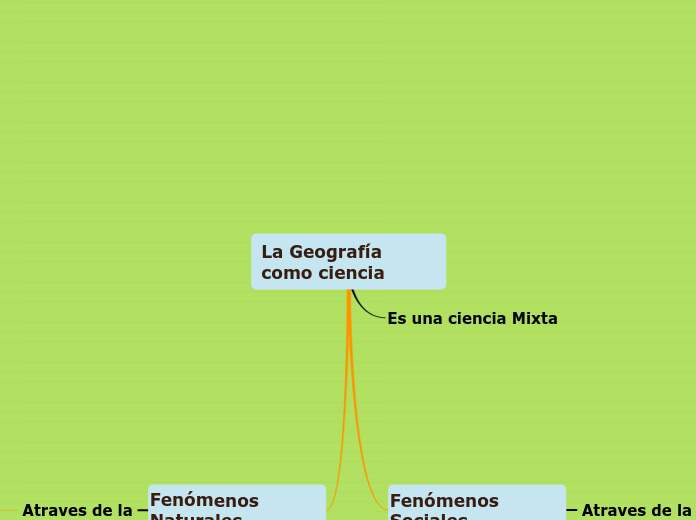por GERMAN RAFAEL AVELARES MENDOZA hace 2 años
194
La Geografía como ciencia

por GERMAN RAFAEL AVELARES MENDOZA hace 2 años
194

Ver más
Rivers have always been essential for human life and settlement. A source for drinking, the source of food, and a way to transfer goods from one place to another. They are essential in the environment of rainforest and wetlands.
The Yangtze holds the title of Asia’s longest river. The Yangtze has a momentous place in China’s history and culture, providing some of the country’s most fertile land as well as some of its most artistically inspiring scenery.
Where the Mekong river runs, the land is incredibly verdant shaping one of the richest areas of biodiversity on the planet. Thousands of species call its shores and waters home. Long an essential trade route the Mekong passes through, or close to, some of the region’s most important cities, including Vientiane, Phnom Penh and Saigon.
The Mekong is a trans-boundary river in Southeast Asia. Its estimated length is 4,350 km.
From the Tibetan Plateau, the river runs through China's Yunnan Province, Myanmar, Laos, Thailand, Cambodia, and Vietnam.
The Mekong rises as the Za Qu and soon becomes known as the Lancang (Lantsang) in the 'Three Rivers Source Area' on the Tibetan Plateau in the Sanjiangyuan National Nature Reserve. It approaches and empties into the sea through the Mekong Delta. Tributaries: Nam Khan, Tha, Nam Ou, Mun, Tonle Sap, Kok, Ruak.
The Mekong basin is one of the richest areas of biodiversity in the world which is only surpassed by the Amazon?
Search for other interesting facts about this river and add them here.
Estudia los hechos y fenómenos que se producen sin la intervención del hombre.
Se divide en:
Biogeografía
La distribución de plantas y animales que habitan la Tierra.
Atmosferololia
Estudia las:
Capas Atmosféricas y los fenómenos que en ellas suceden.
Higrología
Estudia la:
Distribución y las características de las aguas oceánicas y continentales.
Geomorfología
Estudia a la:
Las diferentes formas de la superficie Terrestre.
Geografía Astronómica
Etudia a la:
Tierra como astro.
There are four major rivers in Africa: the Nile, the Zambezi, the Congo, and the Niger. The Nile is one of the longest rivers in the world.
The Zambezi's most noted feature is Victoria Falls. Other notable falls include the Chavuma Falls at the border between Zambia and Angola, and Ngonye Falls, near Sioma in Western Zambia.
The Zambezi is the fourth-longest river in Africa and the largest flowing into the Indian Ocean from Africa. The area of its basin is 1,390,000 square km.
The 2,574-km-long river rises in Zambia and flows through eastern Angola, along the north-eastern border of Namibia and the northern border of Botswana, then along the border between Zambia and Zimbabwe to Mozambique, where it crosses the country to empty into the Indian Ocean.
Major tributaries: Chifumage River, Luena River, Kabompo River, Lungwebungu River, Luanginga River, Gwayi River, Sengwa River, Sanyati River, Kafue River, Luangwa River, Panhane River, Luia River.
Where is the original point from which Zambezi flows? Type in the answer.
Sedivide en
GeografíaEconoca
La distribución geográfica de las Actividades Producidas.
Geografía Politica
Lo hechos y fenómenos producto de la organización política del mundo.
Demográfica
Estudia:
La distribución geográfica de la población humana.
Investiga:
La relación e influencia reciproca entre el medio geográfico y el hombre.